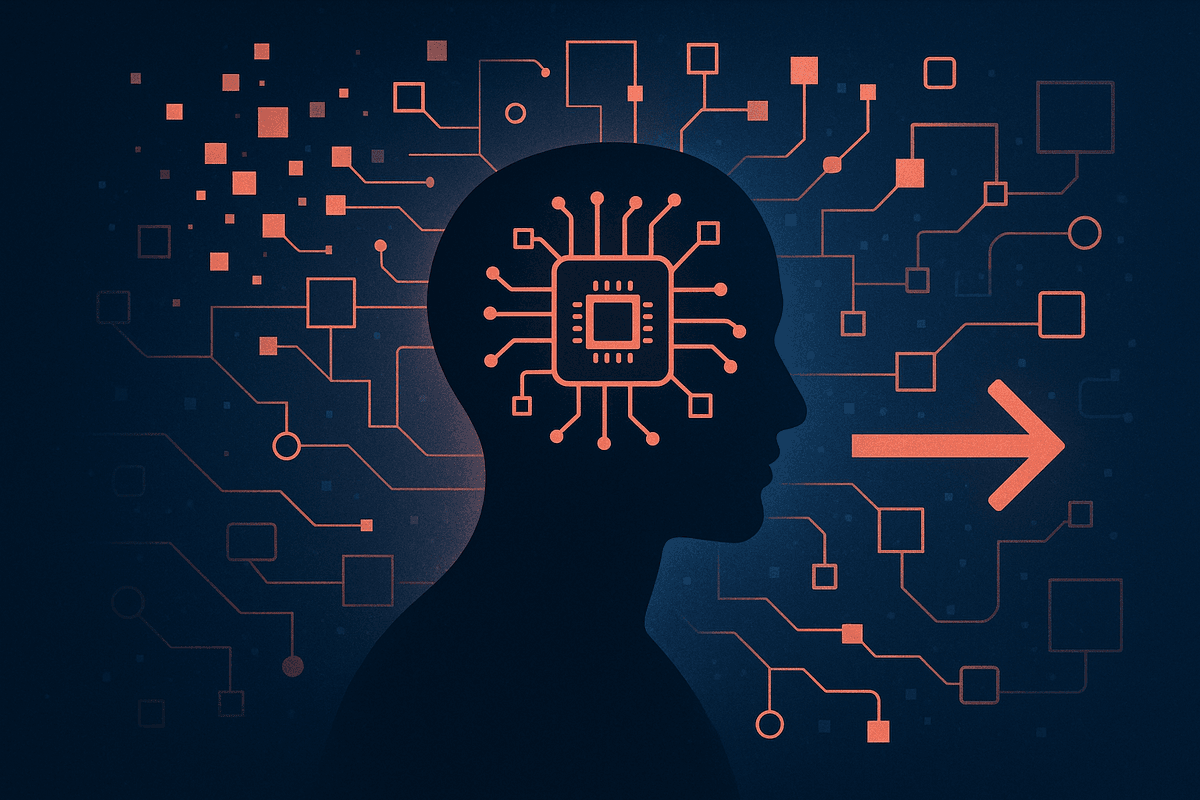How Anthropic's 'Skills' Transform Claude Into a True Enterprise AI Agent: Faster, Cheaper, and More Consistent Workflows

How Anthropic’s ‘Skills’ Transform Claude Into a True Enterprise AI Agent: Faster, Cheaper, and More Consistent Workflows
Anthropic’s new Skills feature for Claude marks a significant evolution in enterprise AI. Unlike traditional prompt engineering or isolated custom bots, Skills enable modular, composable workflows that are both reusable and secure. This shift promises to improve automation, reduce operational friction, and formalize knowledge without overloading the model’s context window. The following examines how Skills differ from other AI solutions, their role in workflow optimization, business adoption impacts, and governance considerations.
🌐 What Are Anthropic Skills?
Anthropic Skills bring a paradigm shift from single-use prompts to structured, reusable automations. Each skill is a named, parameterized workflow—defined by instructions, context, data schemas, and output formats. Importantly, Skills:
- Can be built, reused, and composed like software functions.
- Are loaded autonomously by Claude as tasks demand (progressive disclosure).
- Remain within governance boundaries and track usage for auditability.
| Feature | Anthropic Skills | OpenAI Custom GPTs | Microsoft Copilot Studio |
|---|---|---|---|
| Reusable Workflows | Yes | Limited | Yes |
| Autonomous Skill Loading | Yes | No | No |
| Progressive Disclosure | Yes | No | Partial |
| Context Window Limits | Avoided via skill loading | Bounded | Bounded |
| Governance Controls | Fine-grained | Manual | Granular |
🔄 From Prompt Engineering to Composable AI Workflows
graph TD
A[Content] --> B[Analyze Content]
B --> C[Determine Diagram Relevance]
C -->|Relevant| D[Create Mermaid Diagram]
C -->|Not Relevant| E[Return NOT_RELEVANT]
D --> F[Enhance Content with Diagram]
Prompt Engineering vs Skills Modules
Pros
- Encapsulates expertise in tested, shareable modules
- Ensures consistency across users and teams
- Enables faster onboarding and use
- Supports composable AI workflows
Cons
- Manual prompt engineering leads to inconsistencies
- Context overload due to long prompts
- Onboarding is difficult without standardized modules
Previously, enterprises relied on prompt engineering—creating, sharing, and maintaining complex instructions for each LLM deployment. This approach has known weaknesses:
- Inconsistency: Manual prompts vary across users and teams.
- Context Overload: Long prompts quickly reach model context limits.
- Onboarding Friction: New users struggle to apply domain knowledge effectively.
Skills resolve these challenges by encapsulating expertise in tested, shareable modules. Claude automatically detects and loads relevant Skills, ensuring consistency and speed regardless of a user’s technical skills. This modularity lays the groundwork for a composable AI stack, enabling workflows as easily as assembling building blocks.
⚙️ Driving Productivity and Lowering Barriers to AI Onboarding
Productivité accrue grâce aux Skills
Adoptez rapidement l’IA : les utilisateurs exploitent des Skills sans formation supplémentaire, ce qui accélère l’intégration, réduit la charge opérationnelle et favorise la montée en compétence des équipes non techniques.
Explorer les bénéficesEarly adoption at organizations like Rakuten and Canva shows productivity gains:
- Reduced Onboarding: Users can leverage library Skills without additional training.
- Cheaper Operations: Reused modules reduce repetitive work and cut operational costs.
- Domain Formalization: Non-technical workers formalize expertise in Skills, reducing reliance on AI specialists.
Synergy emerges as Skills enable PromptOps—the operationalization of prompt and workflow lifecycle management. This shift supports the formation of new AI enablement roles (prompt engineers, workflow designers), who manage and curate Skills for quality and compliance.
🛡️ Governance, Security, and Consistency
Governance Workflow
Access Control
Enforce permissions for skill loading, limiting misuse or exposure
Auditing
Maintain log trails for full workflow visibility
Isolation
Scope workflows and data to minimize leakage risk
Governance Integration
Enable version tracking and rollback for workflows
Anthropic Skills support enterprise requirements for data governance, traceability, and compliance:
- Structured Access: Skill loading obeys permission structures, limiting misuse or accidental data exposure.
- Auditability: Log trails offer full visibility into workflow usage.
- Isolation: Workflows and data remain tightly scoped, reducing leakage risk.
- Governance Integration: Enables tracking, versioning, and rapid rollback of faulty workflows.
However, reliance on central Skill repositories carries risks: version drift, knowledge silos, or slow approval cycles unless paired with robust process management.
🚀 Use Cases and Emerging Synergies
- Process Optimization: Automate document review, report generation, or CRM updates using domain-specific Skills.
- IT Operations: Self-serve incident handling, configuration tuning, or security checks driven by curated Skill workflows.
- R&D Automation: Research teams formalize analysis templates as Skills, reducing duplication and errors.
Example synergy: Combining Skills with Claude API integration allows organizations to trigger automations across existing SaaS products, blending AI capabilities into current business processes with audit-friendly structure.
Key Takeaways
- Anthropic Skills elevate Claude from prompt-driven to agentic, composable AI for enterprise workflows.
- Progressive disclosure and autonomous skill-loading address context window and consistency challenges.
- Enterprises see productivity gains, cost savings, and formalized domain expertise—especially in non-technical teams.
- Skills enable robust AI governance, security, and auditability but require investment in process management.
- The rise of PromptOps and AI enablement roles signals a shift toward scalable, operationalized AI deployment in business environments.
Tags
💡 Need help automating this?
CHALLENGE ME! 90 minutes to build your workflow. Any tool, any business.
Satisfaction guaranteed or refunded.
Book your 90-min session - $197Articles connexes

Agentic AI: why your future agents first need a “data constitution”
Discover why agentic AI needs a data constitution, with AI data governance and pipeline best practices for safe autonomous AI agents in business.
Read article
Why CFOs Are Finally Having Their “Vibe Coding” Moment Thanks to AI (and What It Changes for SMEs)
Discover how AI agents, Datarails Excel FP&A and automation transform CFO roles, boosting SME finance digital transformation and planning efficiency
Read article